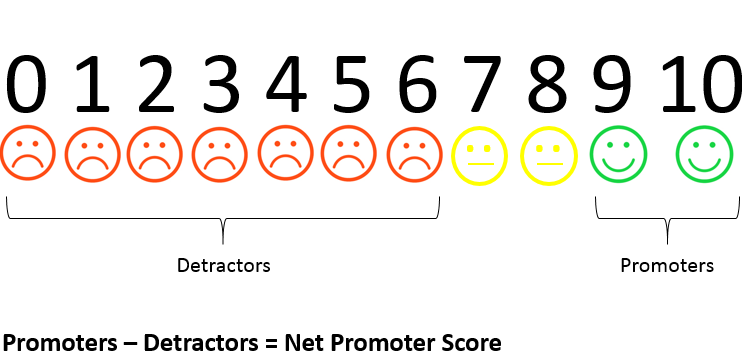 Raven Intel is asking the hard questions so customers can find the perfect implementation partner for their cloud HCM (Human Capital Management) project. We’re working to give customers the best information about what to expect from their partners. Where do we get that information? From reviews by actual customers.
Raven Intel is asking the hard questions so customers can find the perfect implementation partner for their cloud HCM (Human Capital Management) project. We’re working to give customers the best information about what to expect from their partners. Where do we get that information? From reviews by actual customers.
We’re amplifying the voice of the past customer so the future customer can find the perfect partner.
> Did the project succeed?
> Did the consulting team live up to the expectations that were set out in the contract and scoping documents?
Because each project is different and the specifics metrics of success vary, we are focused on the KPIs (Key Performance Indicators) that are universal.

First and foremost, how likely are you to recommend your consulting partner?
We ask past customers to tell us how likely they are to recommend their partner on a scale of 1 to 10, with 10 being the best. This is the NPS, the Net Promoter Score. It tells you a lot about a project if the customer would recommend a provider to their peers.
The NPS rests on four legs, the most important elements of any project: scope, budget, schedule and team.
Was the project properly scoped?
 Did the consulting partner understand the client’s overall objectives and goals? And, did the consulting partner properly understand what it would take to complete the project? If the project is properly scoped, it means most importantly that the project achieves its objectives, and also that there are fewer change orders, fewer delays, and less panic.
Did the consulting partner understand the client’s overall objectives and goals? And, did the consulting partner properly understand what it would take to complete the project? If the project is properly scoped, it means most importantly that the project achieves its objectives, and also that there are fewer change orders, fewer delays, and less panic.
We find a project that did not require any change orders received an NPS of almost 1 whole point higher on a scale of 1 to 10 than a project with even just a few change orders.
Was the project on budget?
 Everyone wants to know that a project won’t cost more expected than promised, so we ask end-users whether the project was on budget, under budget or over budget.
Everyone wants to know that a project won’t cost more expected than promised, so we ask end-users whether the project was on budget, under budget or over budget.
We find that, all else equal, the NPS decreases by 1.5 out of a possible 10 points if the budget exceeds plan by 25%, and decreases by 3 points if the budget is over by 50%. Being on budget is the biggest single factor in predicting the NPS.
Was the project on schedule?
 We’re asking end users to tell us how the closely the schedule compared to expectations. All projects are different, so we’re not asking how long the project took overall, but how long it took with respect to the plan, whether that was for a two month project or a two year project.
We’re asking end users to tell us how the closely the schedule compared to expectations. All projects are different, so we’re not asking how long the project took overall, but how long it took with respect to the plan, whether that was for a two month project or a two year project.
We find that customers aren’t that concerned about a slightly longer project, as long as the budget is unaffected. However, a project that goes over-schedule is very likely to also go over budget.
Was the team as promised?
 We all want to know whom we’re going to be working with and whether or not they are qualified. A contributing factor to all of the KPIs is the composition of the team executing the project. If a partner promises you a good mix of experience and expertise at the right price, but you get a bait-and-switch it is likely to impact whether or not the partner can deliver on-time, on-budget and on-scope.
We all want to know whom we’re going to be working with and whether or not they are qualified. A contributing factor to all of the KPIs is the composition of the team executing the project. If a partner promises you a good mix of experience and expertise at the right price, but you get a bait-and-switch it is likely to impact whether or not the partner can deliver on-time, on-budget and on-scope.
The NPS score for a project with even just a few changes on the team is, on average, 1/2 point lower than for a team with no changes and a full point lower for teams with significant changes.
The answers to all of these questions are interconnected. A project that is properly scoped is likely not to need change orders, so it’s likely to be on schedule and on budget. That project is then going to get a higher NPS, as well. The question is, can the consulting partner deliver the full package? Raven Intel is asking the hard questions from the people who know, the customers.
We’re amplifying the voice of the previous customers so that future customers can find their perfect HCM implementation partner.

